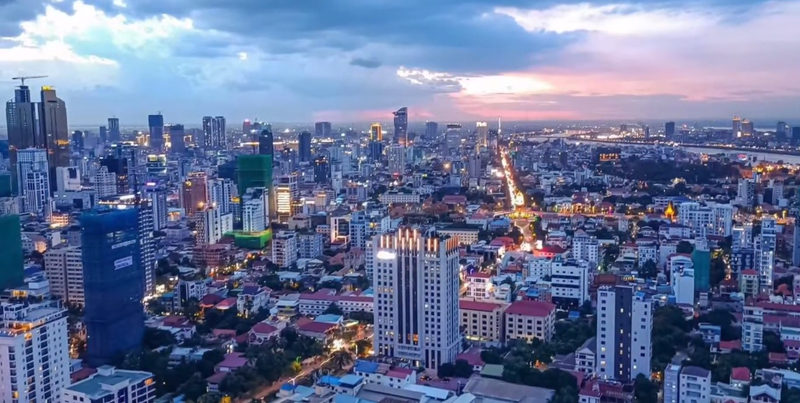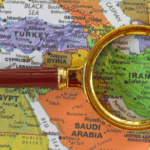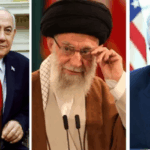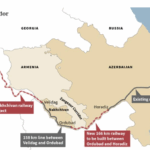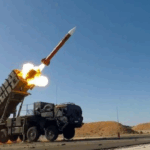Summary by Geopolist | Istanbul Center for Geopolitics:
China’s Belt and Road Initiative (BRI) is under growing scrutiny, leading Beijing to promise a “smaller, greener, and smarter” BRI 2.0. Cambodia’s experience illustrates both the benefits and pitfalls of this evolving strategy.
China’s early “Going Out” policy laid the groundwork by encouraging companies to invest abroad, which later merged into the BRI framework. In Cambodia, this influx of Chinese funding—totaling nearly $17.7 billion since 2000—catalyzed infrastructure development, including highways, bridges, and Special Economic Zones, and boosted foreign direct investment. However, weak local governance enabled some Chinese firms, including those falsely claiming BRI affiliations, to exploit loopholes, resulting in money laundering, human trafficking, and environmental harm.
The coastal city of Sihanoukville epitomizes these challenges: uncontrolled Chinese investments spurred rapid real estate and casino growth, but also brought organized crime and left hundreds of unfinished or abandoned construction projects. Meanwhile, large-scale endeavors like the Lower Sesan 2 hydropower dam, though expanding Cambodia’s energy capacity, displaced thousands of Indigenous people and threatened local ecosystems.
As Cambodia navigates BRI 2.0, it faces the task of balancing infrastructure gains with sustainability and inclusivity. The country’s ability to shape and regulate Chinese investment—not merely receive it—will determine whether the BRI ultimately supports long-term, responsible development. The lessons from Cambodia also underscore that, for BRI 2.0 to succeed, China must ensure its overseas investments address local needs, protect vulnerable communities, and operate under robust oversight.
Read more here.

